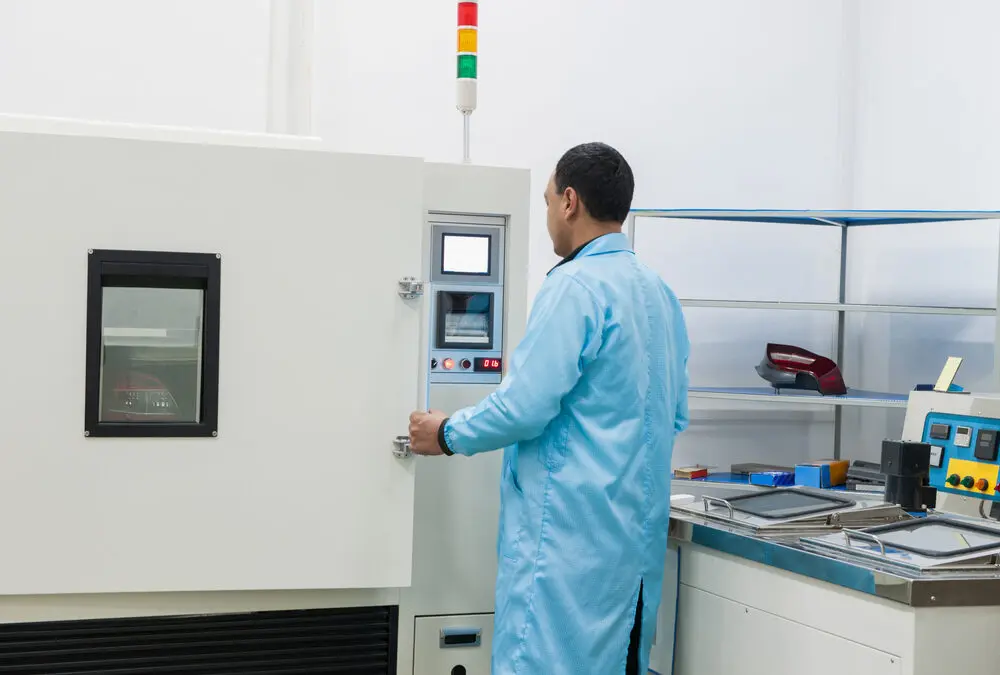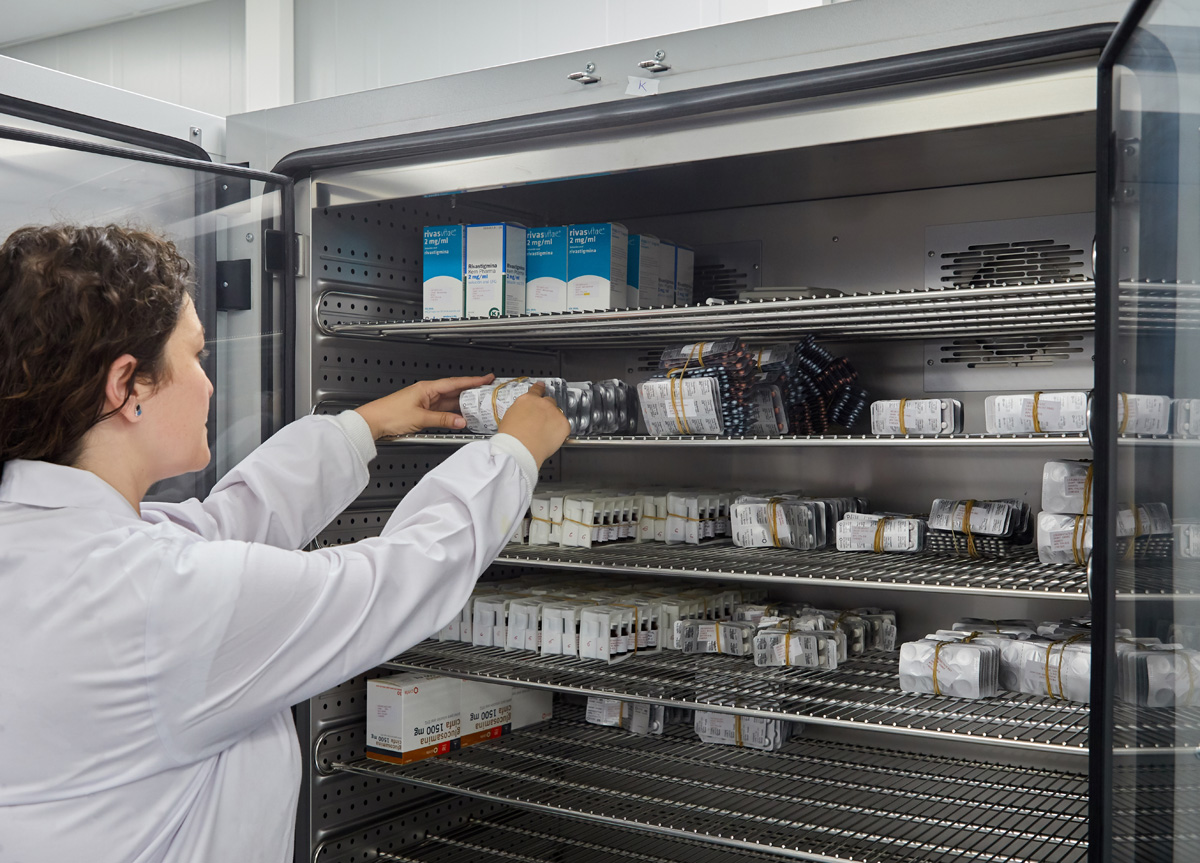Table of Contents
1. Introduction: The Importance of University Laboratories
University laboratories are at the forefront of academic research and development, supporting breakthroughs in various industries. From energy storage solutions to cutting-edge medical technologies, their contributions extend far beyond academic theory into real-world applications.
2. Applications of University Laboratories Across Disciplines
2.1 Energy and Sustainability Research
University laboratories contribute significantly to the development of renewable energy technologies such as solar, wind, and hydrogen fuel cells. Equipment like environmental test chambers simulates extreme conditions, aiding research on energy efficiency and storage systems.
2.2 Biotechnology and Life Sciences
These laboratories focus on advancing healthcare through drug discovery, genetic engineering, and disease diagnostics. Essential equipment includes biosafety cabinets and controlled incubators for maintaining sterile conditions.
2.3 Advanced Material Science
Research in this area involves creating innovative materials like lightweight composites for aerospace or sustainable polymers for consumer goods. Laboratories rely on thermal analyzers and spectrometers for material testing.
2.4 Robotics and Automation
University research teams develop advanced robotic systems for automation in manufacturing, healthcare, and transport. Robotic testbeds and motion capture systems play a vital role in these developments.
2.5 Environmental and Earth Sciences
From climate modeling to water resource management, environmental laboratories address global challenges. Specialized equipment like soil analyzers and weather simulation systems supports these efforts.
2.6 Electronics and Semiconductors
Laboratories dedicated to electronics and semiconductors drive innovations in telecommunications and computing. Cleanroom facilities and wafer inspection systems ensure high-precision research.

3. Market Needs and Challenges for University Laboratories
University labs require flexible, reliable, and cost-effective equipment to support diverse research areas. Compact designs, real-time monitoring features, and enhanced safety systems address common challenges like space constraints and safety concerns.
4. Engaging University Researchers: How to Provide Value
To capture the interest of university researchers, manufacturers should offer customized solutions, knowledge-sharing opportunities like webinars, and robust after-sales support. Highlighting sustainability and ease of use is also essential.
5. How University Laboratories Drive the Future
University laboratories are incubators for innovative technologies and ideas. By supporting their research efforts, companies can play a vital role in shaping a sustainable and technologically advanced future.
6. Conclusion: Shaping the Future Through University Research
University laboratories are central to global innovation. By providing tailored, high-quality equipment, manufacturers can build lasting relationships with academic institutions and contribute significantly to scientific progress.
Whether it's supporting university laboratory equipment for advanced research in energy, life sciences, or materials, or offering specialized solutions like environmental test chambers, collaboration with universities is key to fostering breakthroughs. For institutions planning to establish university laboratories, investing in state-of-the-art laboratory equipment ensures success in cutting-edge research.













